Gender: Male - Starting with M
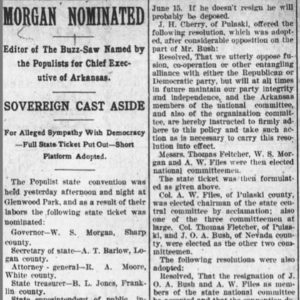 Morgan Nominated
Morgan Nominated
Morgan, Gordon Daniel
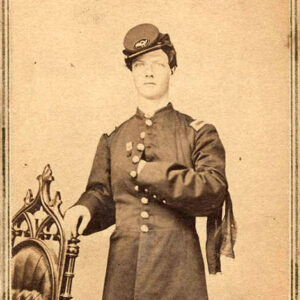 James Morgan
James Morgan
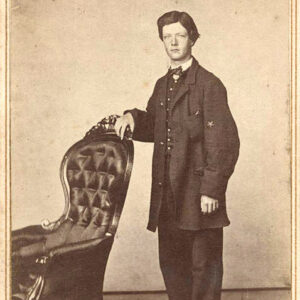 James Morgan
James Morgan
Morgan, Speer
Morgan, Stokeley P.
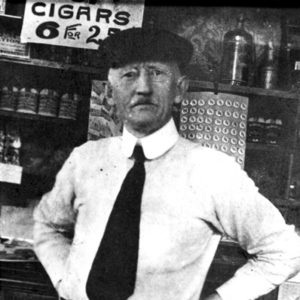 Tom Morgan
Tom Morgan
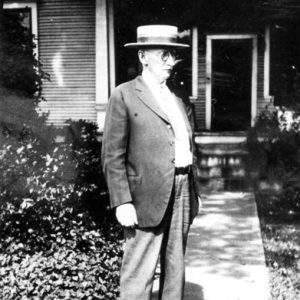 Tom Morgan
Tom Morgan
Morgan, Tom Perkins
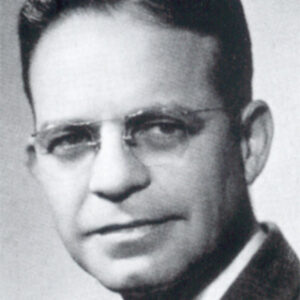 William E. Morgan
William E. Morgan
Morgan, Winfield Scott
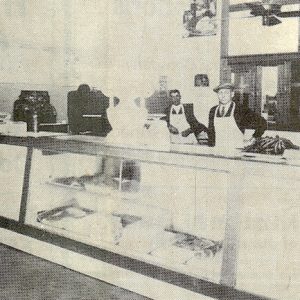 Morrilton Meat Market and Sausage Factory
Morrilton Meat Market and Sausage Factory
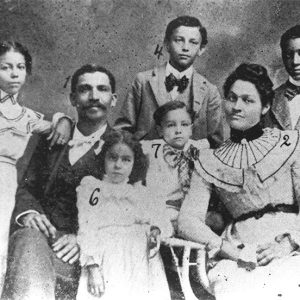 E. C. Morris Family
E. C. Morris Family
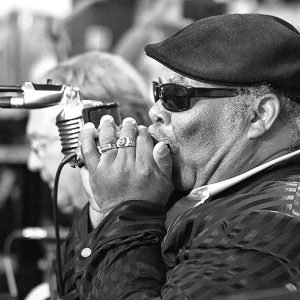 Blind Mississippi Morris
Blind Mississippi Morris
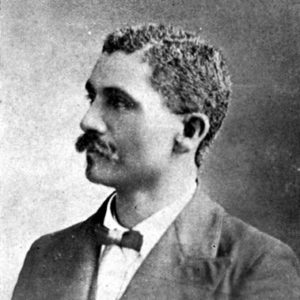 Elias Morris
Elias Morris
Morris, Elias Camp
 Gilbert Morris
Gilbert Morris
Morris, Gilbert Leslie
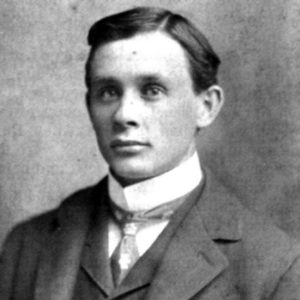 J. W. Morris
J. W. Morris
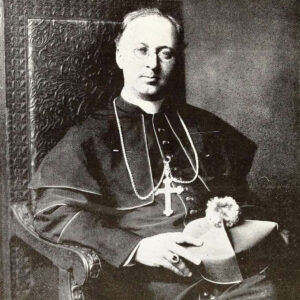 John Baptist Morris
John Baptist Morris
Morris, John Baptist
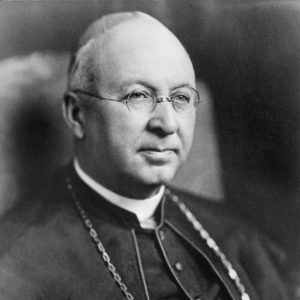 John Baptist Morris
John Baptist Morris
Morris, John William
Morrison Twin Brothers String Band
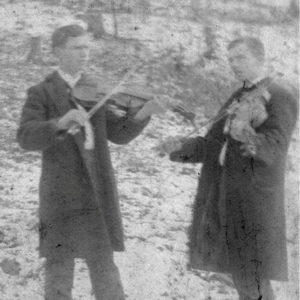 Morrison Twins
Morrison Twins
Morrison, Lee (Lynching of)
Morrison, William (Lynching of)
Morton, Herwald “Hal”
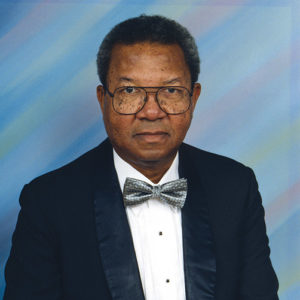 Hal Morton
Hal Morton
Moseley, Ray
 Ray Moseley Book
Ray Moseley Book
Mosely, Julius (Lynching of)
Moses, Colter Hamilton (Ham)
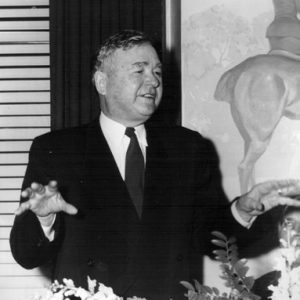 Ham Moses
Ham Moses
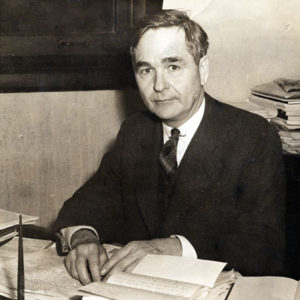 Ham Moses
Ham Moses
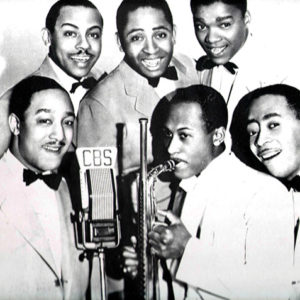 "Snub" Mosley
"Snub" Mosley
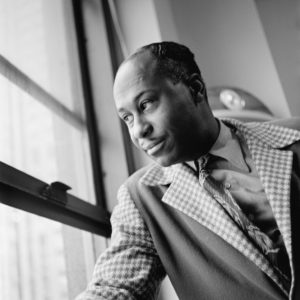 Snub Mosley
Snub Mosley
Mosley, Lawrence Leo “Snub”
Mount Elba, Scout to (October 3–4, 1864)
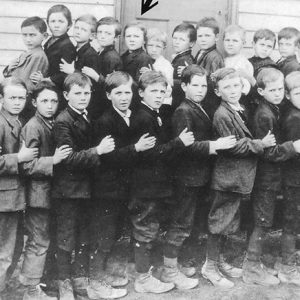 Mount Etna School
Mount Etna School
Mountain Federals
aka: Mountain Feds
Mountain Home Lynchings of 1894
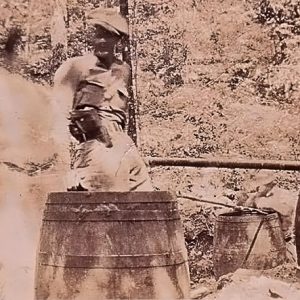 Mountain Still
Mountain Still
 Stephen Moyer
Stephen Moyer
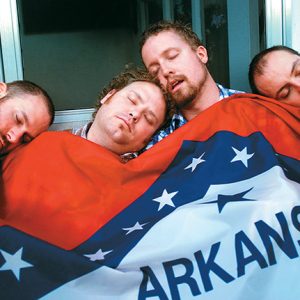 Mulehead
Mulehead
Mullens, Nat (Lynching of)
Mullican, Andrew J. (Lynching of)
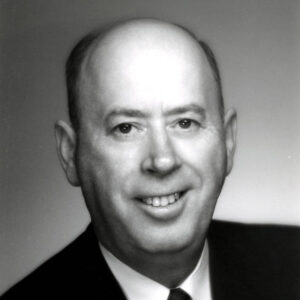 David W. Mullins
David W. Mullins
 David W. Mullins Jr.
David W. Mullins Jr.




